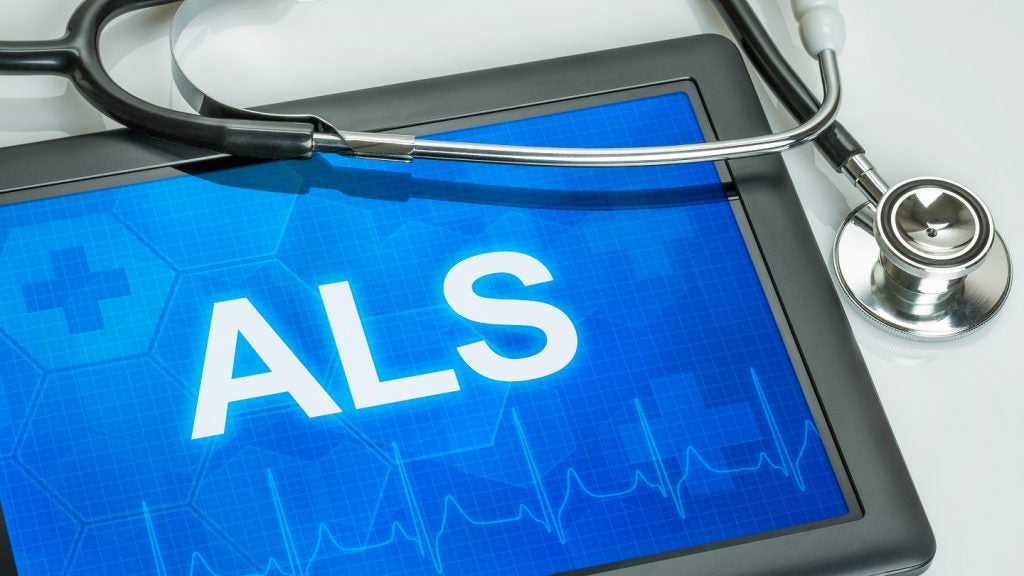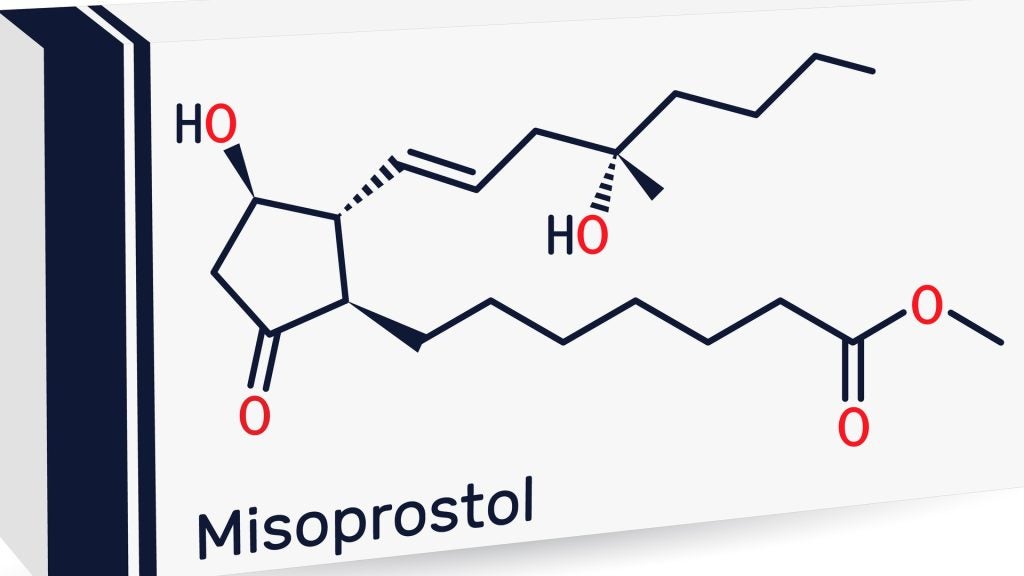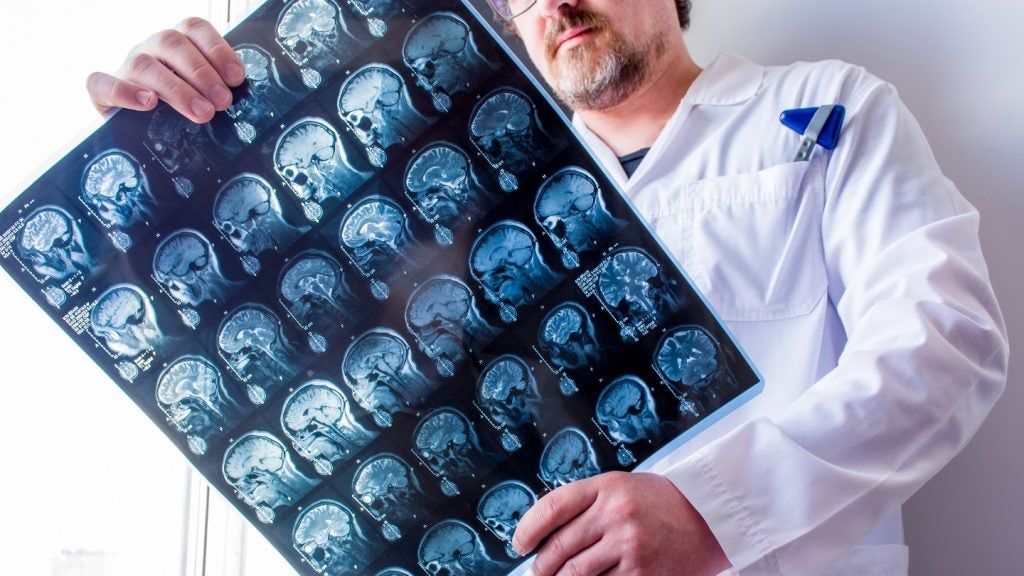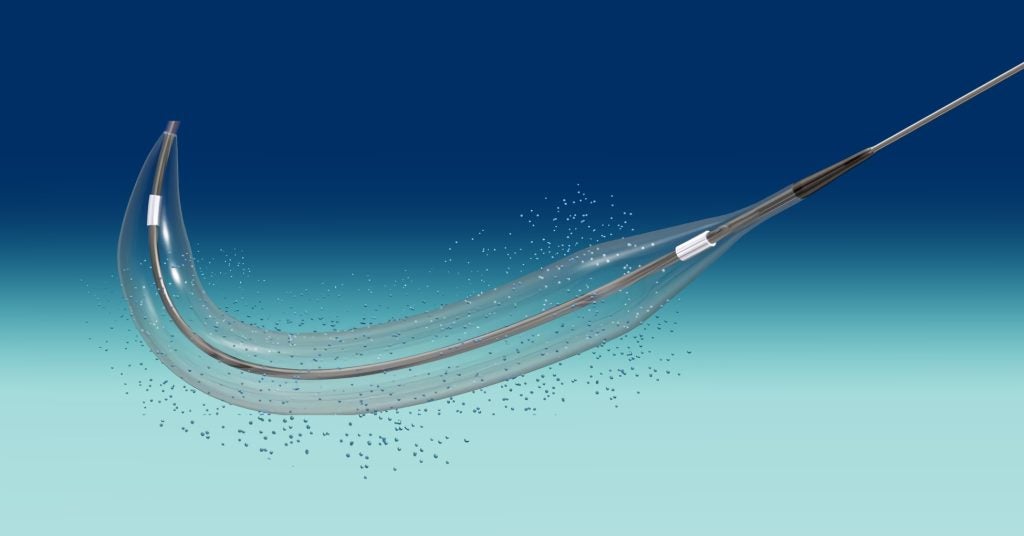Bloom Science has reported positive results from a Phase I clinical study of BL-001 for the treatment of both Dravet syndrome and amyotrophic lateral sclerosis (ALS) in healthy volunteers.
The primary aim of the single-centre, multiple ascending dose, placebo-controlled, randomised, double-blind study was to assess the safety and tolerability of the orally-delivered live biotherapeutic product (LBP) BL-001.
A total of 32 healthy adult participants were divided into four cohorts and received treatment for 28 consecutive days.
Out of the total, 24 participants received BL-001 orally while the remaining were treated with placebo.
BL-001 was well tolerated and showed favourable strain kinetics with its component strains increasing in a dose dependent manner.
No serious adverse events (SAEs) were observed across all four dose cohorts.
All the participants completed the study with no study drug withdrawal due to treatment-related AEs.
Furthermore, no individual showed clinically significant ECG abnormalities across all treatment cohorts.
Bloom Science chief medical officer Paolo Baroldi said: “Dravet syndrome is a rare and devastating form of childhood epilepsy in which there is an unmet need for patients whose seizures remain difficult to control and who experience significant side effects with current medications.
“BL-001 shows promise as a novel treatment option that can change lives.
“With these results we plan to proceed into Phase II clinical development with doses we expect to be within the therapeutic window in both Dravet syndrome and ALS.”
BL-001 also received rare pediatric disease designation from the US Food and Drug Administration for Dravet syndrome.
In preclinical ALS studies, BL-001 has shown to attenuate motor-neuron loss, increase lifespan and motor coordination.















